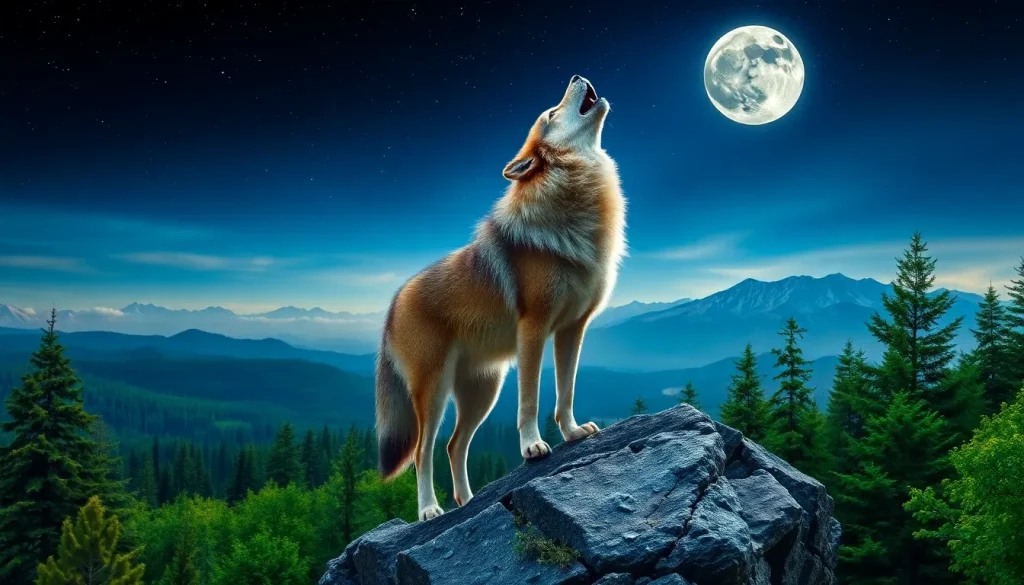Check how old is your pet in human years using our Pet Age Calculator.
Wolves have captivated human imagination for centuries, symbolizing freedom, strength, and the untamed spirit of nature.
Yet, the phrase ‘A wolf can never be a pet’ holds profound truths that delve deep into animal behavior, ethics, and conservation.
In this article, we unravel the complexities of keeping wild animals as pets and the implications it has for wildlife conservation and animal rights.
See also: DIY Pet Projects for Toy Boxes (Your Dog Will Love #7!)
Buckle up for an eye-opening journey that reveals why these majestic creatures belong in the wild, not in our homes.
Table Of Contents
- 1 A Wolf Can Never Be a Pet
- 2 Understanding Wolf Behavior: Why They Can’t Adapt to Domestic Life
- 3 The Ethics of Keeping Wild Animals: A Look at Animal Rights
- 4 Wildlife Conservation: Protecting Wolves in Their Natural Habitat
- 5 The Impact of Domestication on Wolves: A Historical Perspective
- 6 The Role of Education in Wildlife Awareness
- 7 Misconceptions About Wolves: Debunking Myths
- 8 Alternatives to Keeping Wolves as Pets
- 9 Wolves in Culture and Symbolism
- 10 The Science of Wolf Communication
- 11 The Dangers of Captivity: Case Studies
- 12 The Role of Technology in Wildlife Conservation
- 13 Wolf Rehabilitation: Success Stories
- 14 Community Involvement in Wolf Conservation
- 15 Final Thoughts: Embracing Wolves in the Wild
A Wolf Can Never Be a Pet
Understanding Wolf Behavior: Why They Can’t Adapt to Domestic Life
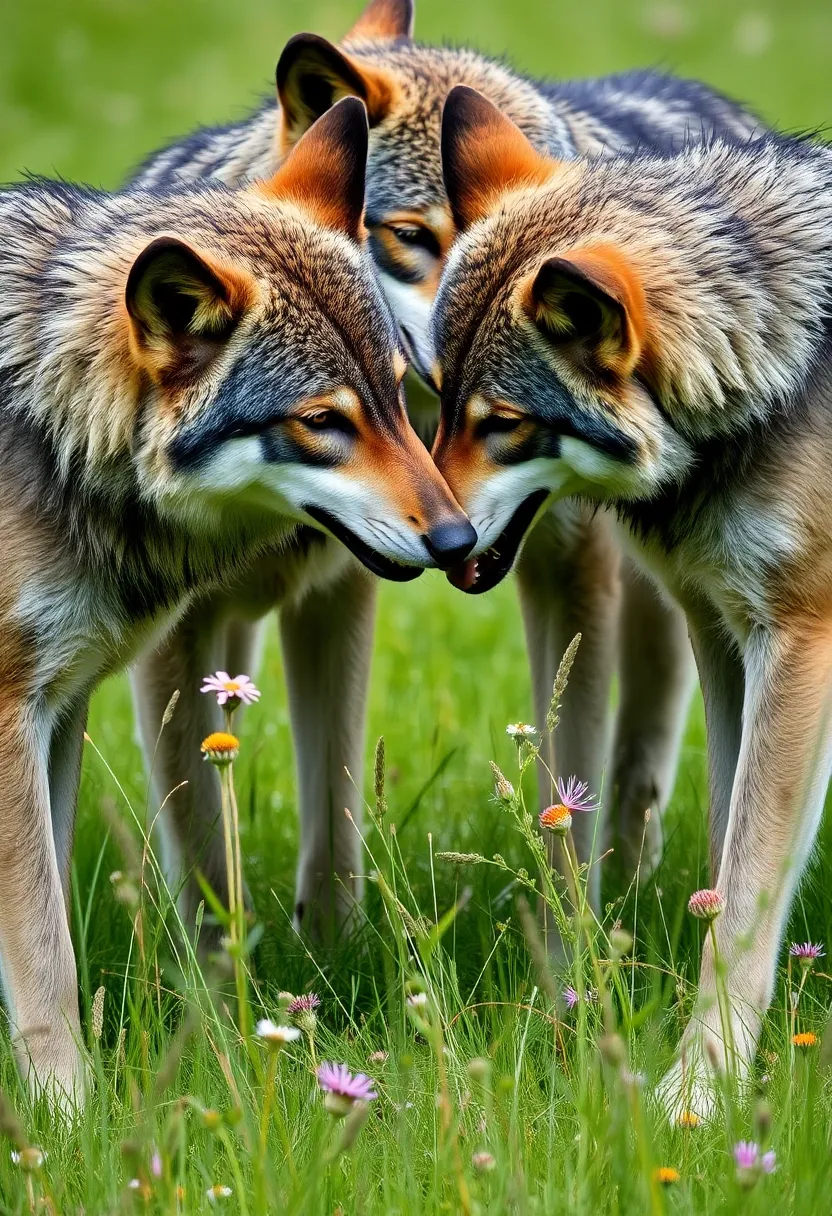
Wolves are inherently wild animals, with complex social structures and instincts that are finely tuned to their natural environment.
Unlike domesticated dogs, wolves have not been bred for thousands of years to thrive in human-centric settings.
Their natural behaviors, such as pack dynamics, hunting instincts, and territoriality, make them unsuitable as pets.
Understanding these behavioral traits is essential for appreciating why wolves cannot simply transition into domestic life, and why attempting to do so poses risks for both humans and the animal.
The Ethics of Keeping Wild Animals: A Look at Animal Rights
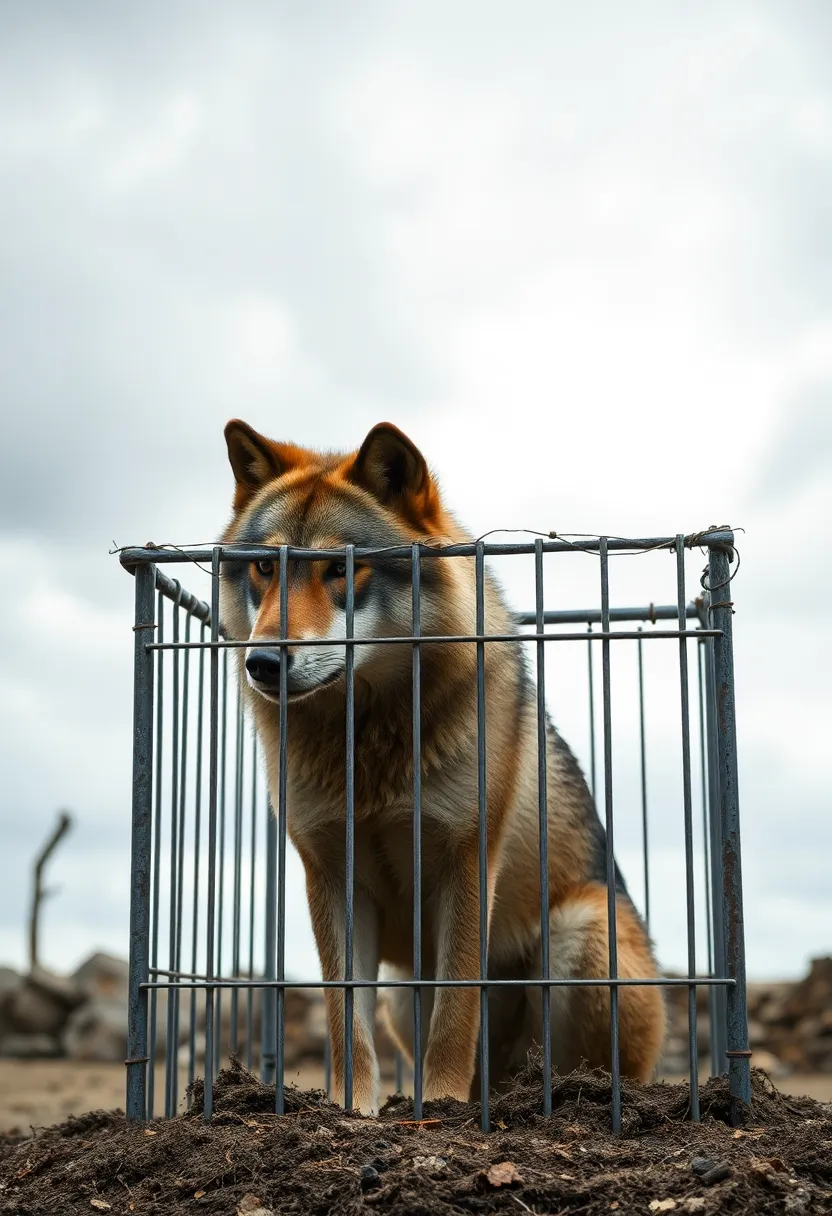
The ethical implications of keeping wild animals as pets are profound and complex.
Wolves, as apex predators, require vast territories, social structures, and specific diets that are impossible to replicate in a home setting.
Keeping a wolf as a pet raises serious animal rights concerns, as it compromises their well-being and natural behaviors.
This section explores the moral responsibilities we have towards wildlife and why advocating for their rights is vital for conservation efforts.
Wildlife Conservation: Protecting Wolves in Their Natural Habitat

Conservation efforts for wolves are crucial in maintaining ecological balance and protecting biodiversity.
As keystone species, wolves play an essential role in their ecosystems by regulating prey populations and maintaining healthy habitats.
This section highlights various conservation programs aimed at protecting wolves in the wild, emphasizing the importance of preserving their natural habitats and mitigating human-wildlife conflicts.
The Impact of Domestication on Wolves: A Historical Perspective
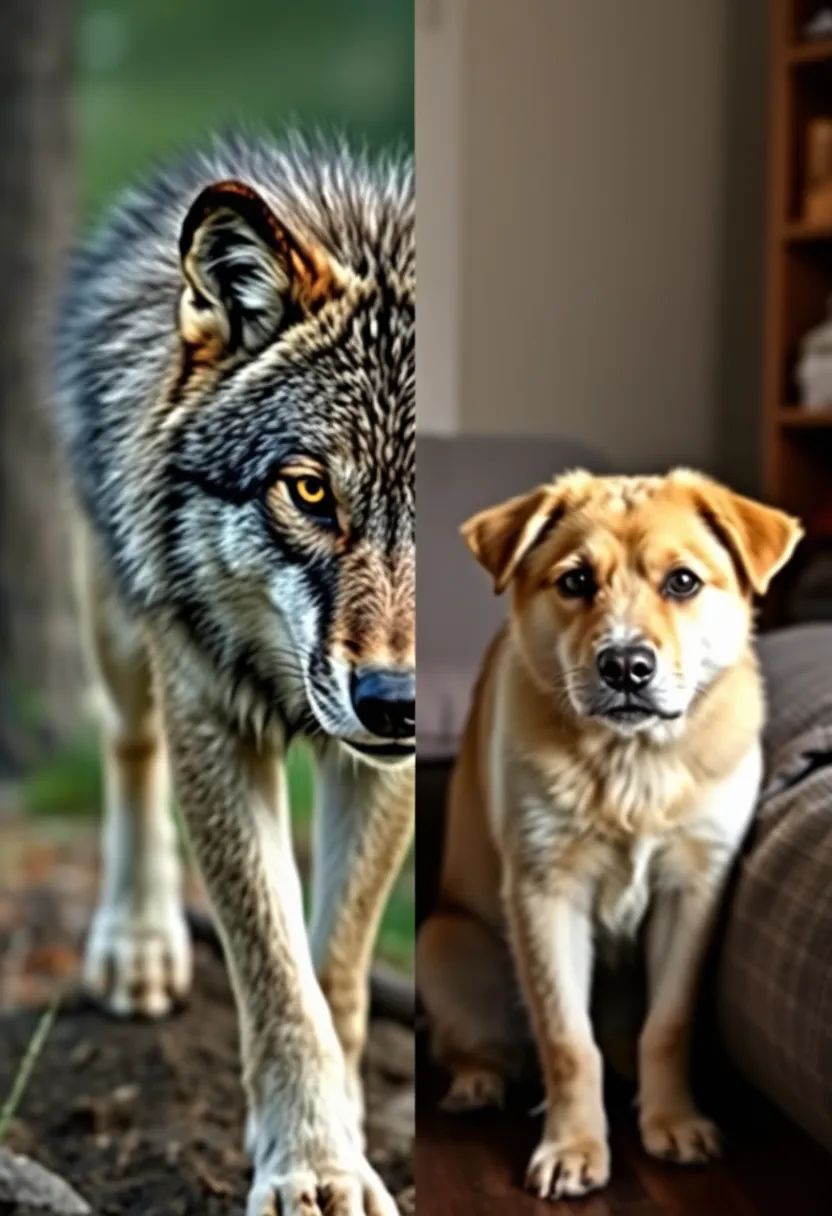
Understanding the history of domestication provides insight into why wolves differ so significantly from domesticated dogs.
This section delves into the evolutionary journey of wolves from wild hunters to the various breeds of domestic dogs we see today.
By examining this transformation, we can better appreciate the intrinsic traits that make wolves wild and unsuitable for domestic life.
The Role of Education in Wildlife Awareness
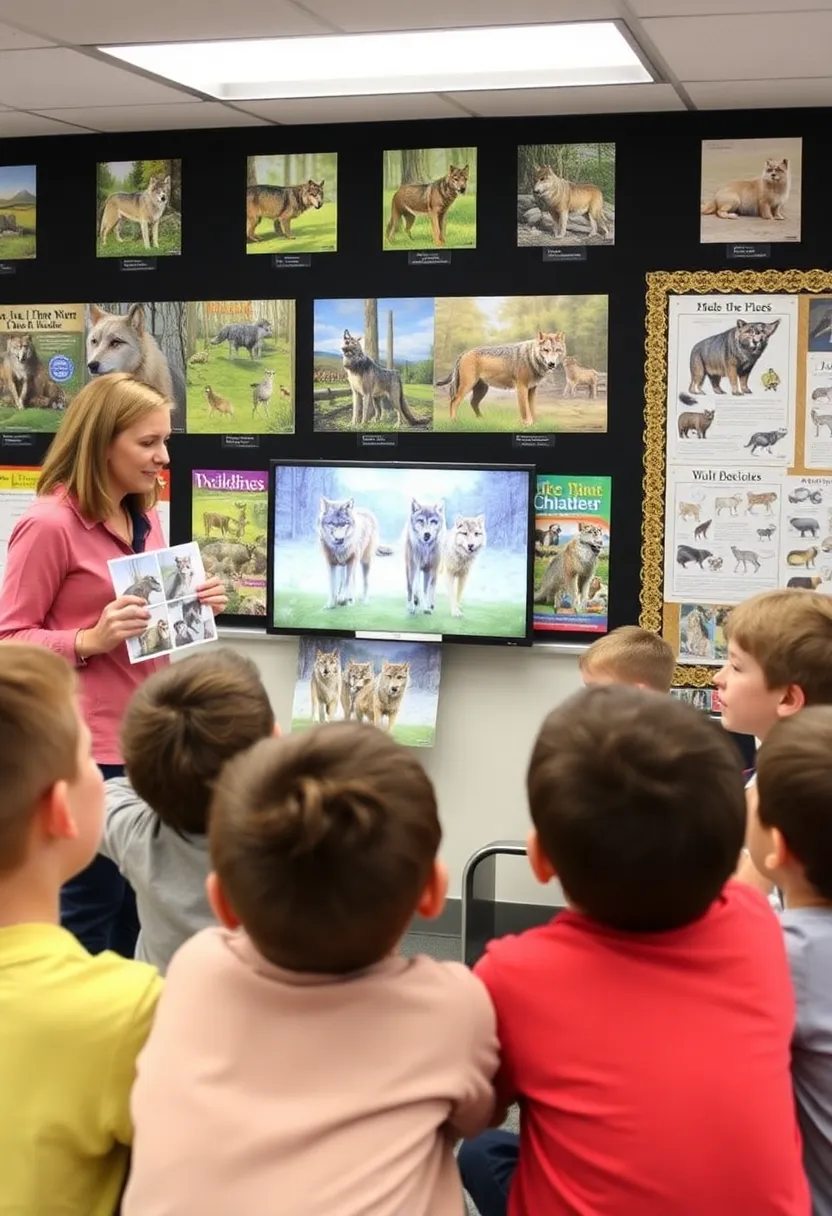
Education plays a pivotal role in fostering understanding and respect for wildlife, including wolves.
This section emphasizes the importance of raising awareness about the realities of wild animals and their needs.
By educating ourselves and others, we can promote responsible wildlife interactions and support conservation efforts that protect these magnificent creatures in their natural habitats.
Misconceptions About Wolves: Debunking Myths
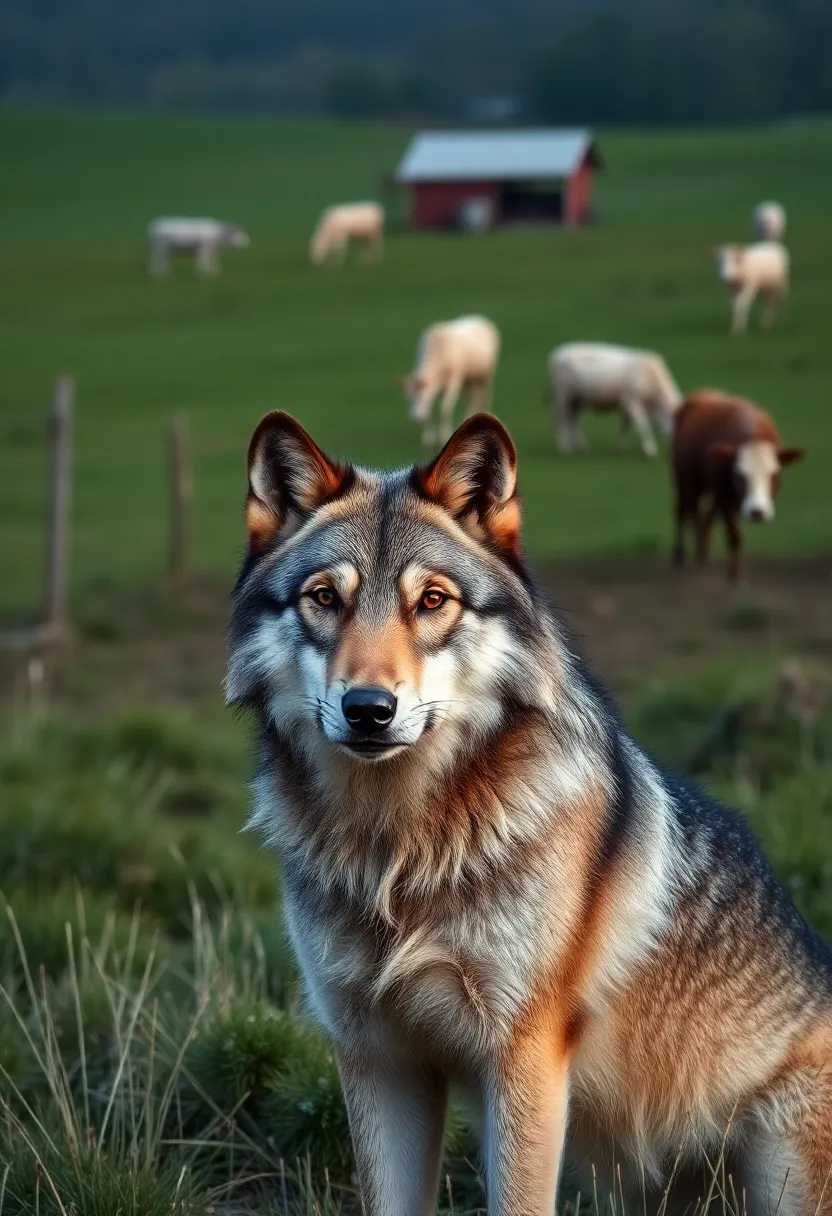
Wolves are often misunderstood, and myths surrounding their behavior can lead to fear and negative perceptions.
This section addresses common misconceptions about wolves, such as their supposed danger to humans and livestock.
By debunking these myths, we can foster a better understanding of these animals and promote coexistence rather than conflict.
Alternatives to Keeping Wolves as Pets
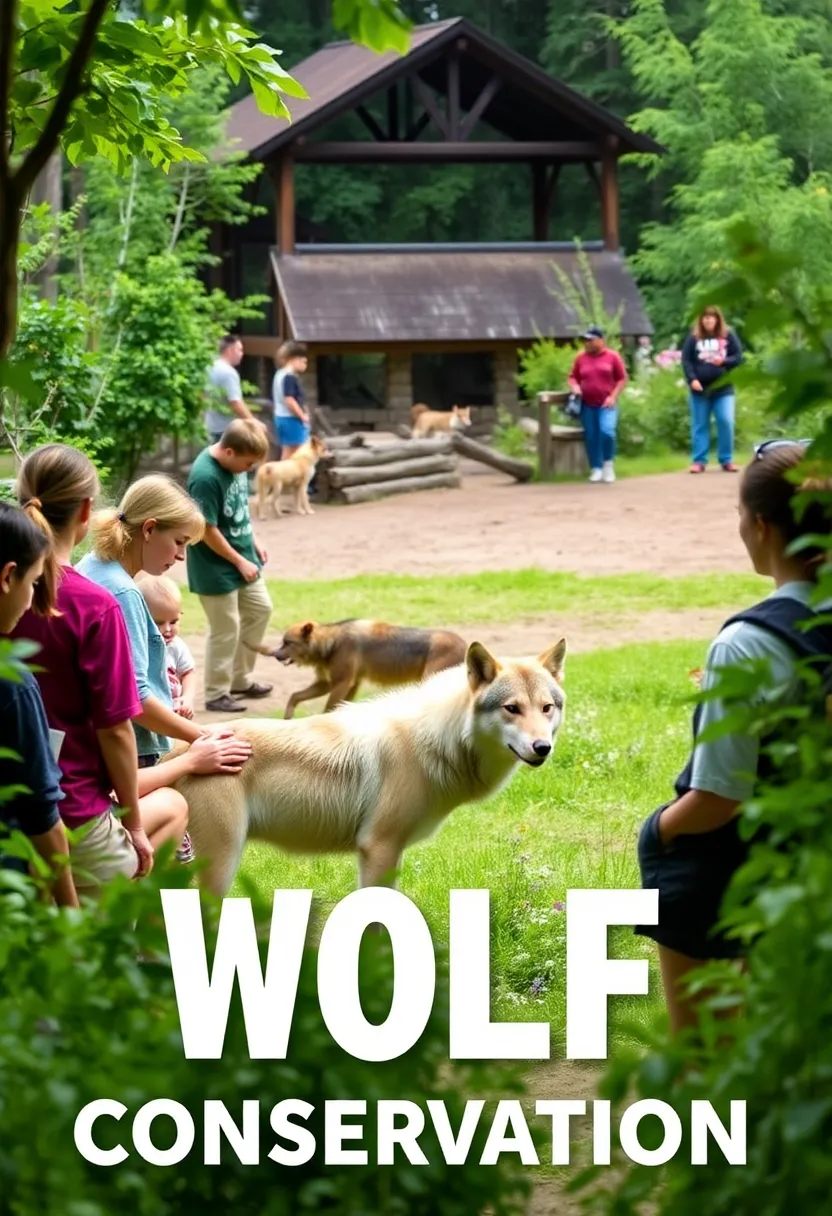
For those captivated by wolves, there are many ways to appreciate and support them without attempting to keep them as pets.
This section explores alternative options such as volunteering at wildlife sanctuaries, participating in wolf tracking expeditions, or supporting conservation organizations.
These alternatives allow individuals to connect with wolves in a responsible and ethical manner while contributing to their protection.
Wolves in Culture and Symbolism
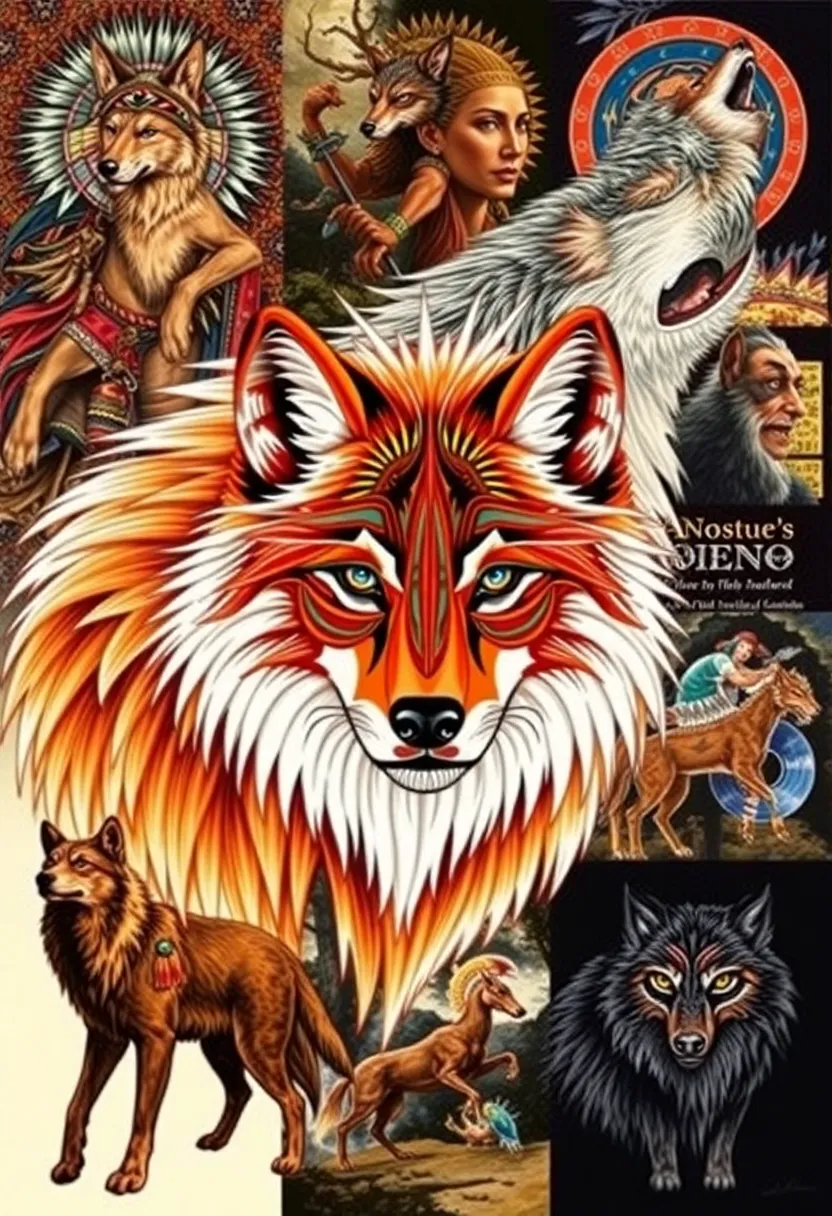
Wolves have long been symbols of various cultural significances, representing loyalty, strength, and freedom.
This section delves into how different cultures view wolves, from Native American traditions to modern literature and media.
Understanding these cultural representations can deepen our appreciation for these animals and highlight the need for their conservation.
The Science of Wolf Communication
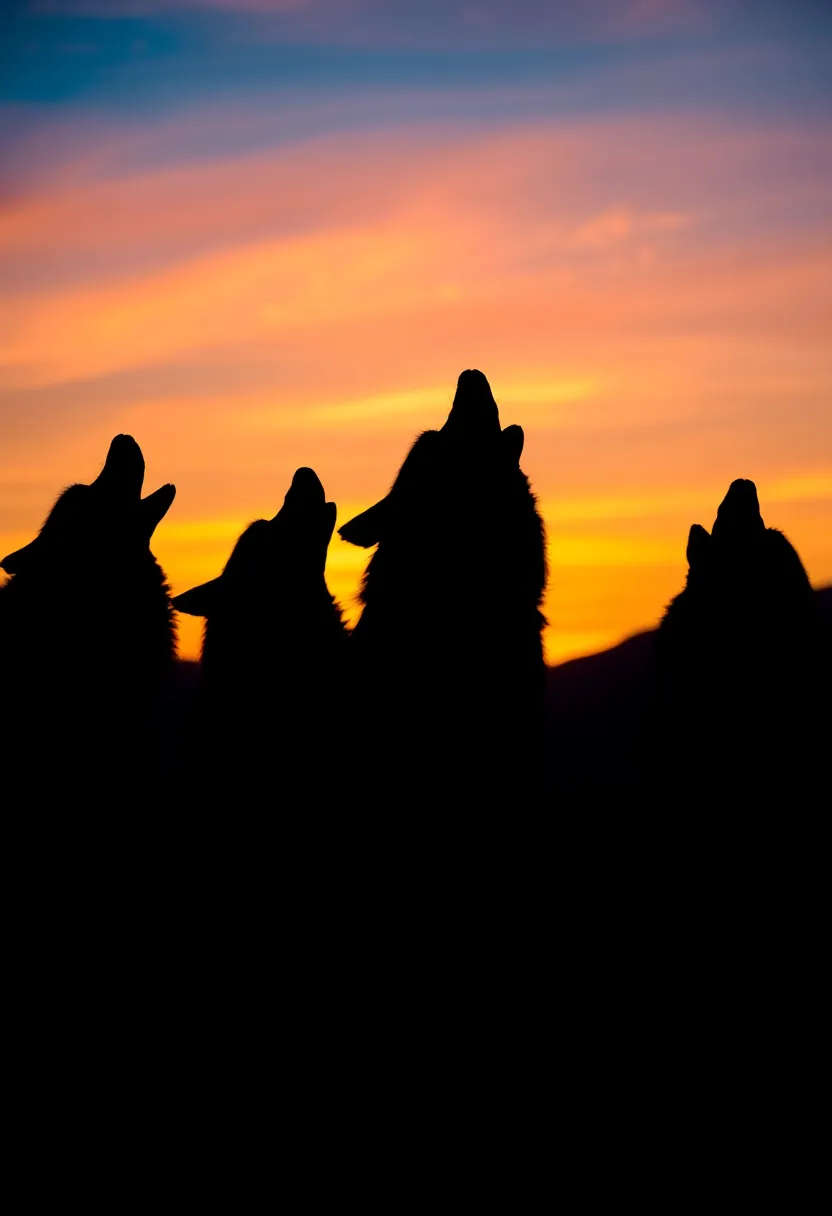
Wolves communicate through a variety of vocalizations, body language, and scents, forming complex social bonds.
This section explores the fascinating ways wolves interact with one another, from howling to mark territory to playful behaviors within their packs.
Understanding wolf communication enhances our appreciation of their social structures and the importance of their natural environments.
The Dangers of Captivity: Case Studies
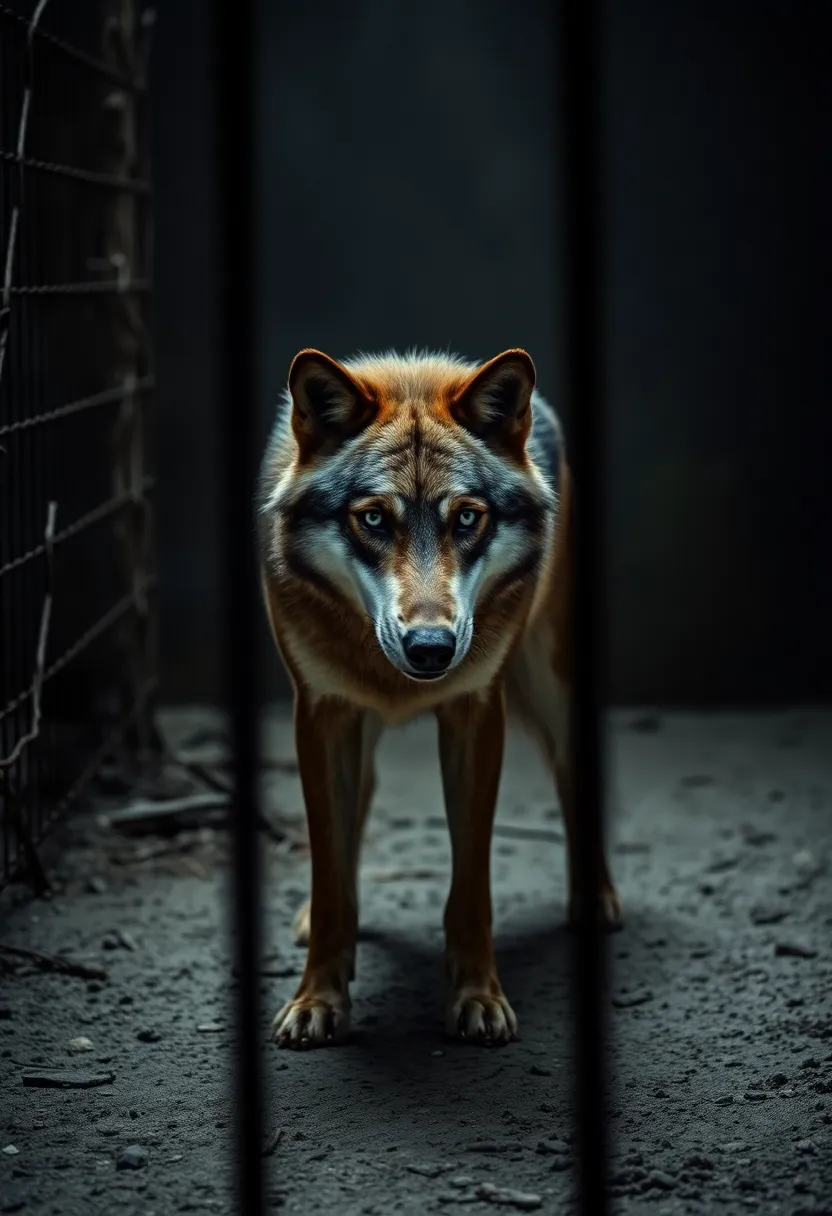
Many case studies illustrate the negative impacts of captivity on wolves and other wild animals.
This section presents real-life examples of wolves kept in inadequate conditions, highlighting the physical and psychological toll it takes on them.
By sharing these stories, we can advocate against keeping wild animals as pets and encourage better practices for their care in sanctuaries and conservation settings.
The Role of Technology in Wildlife Conservation

Modern technology plays a crucial role in wildlife conservation efforts, helping to protect wolves and their habitats.
This section discusses innovations like GPS tracking, camera traps, and conservation drones that aid in monitoring wolf populations and preventing poaching.
Understanding how technology enhances conservation strategies is essential for supporting these initiatives effectively.
Wolf Rehabilitation: Success Stories
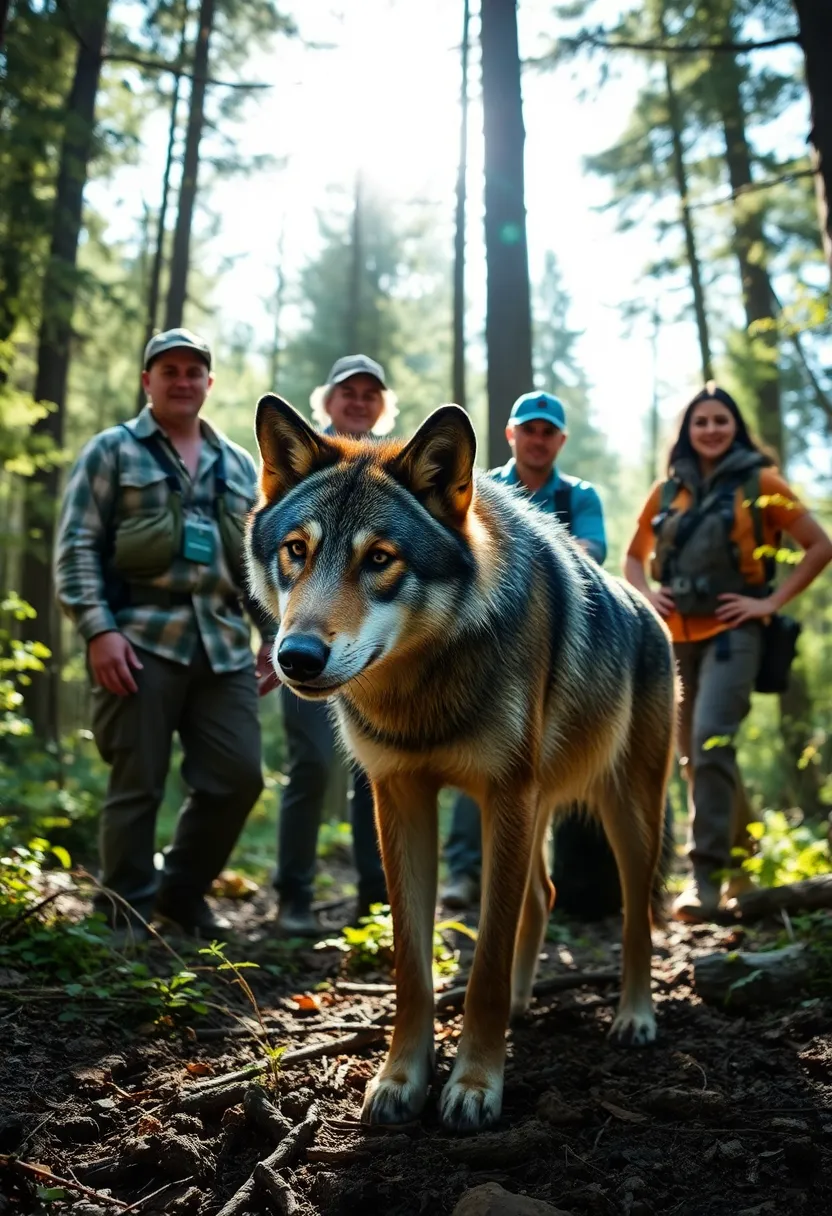
There are inspiring success stories of wolf rehabilitation and recovery programs that highlight the resilience of these animals.
This section shares uplifting tales of wolves that have been rescued and successfully reintegrated into the wild, showcasing the dedication of conservationists and the importance of preserving natural habitats.
These stories serve as a reminder of the potential for recovery and the importance of continued efforts in wildlife conservation.
Community Involvement in Wolf Conservation
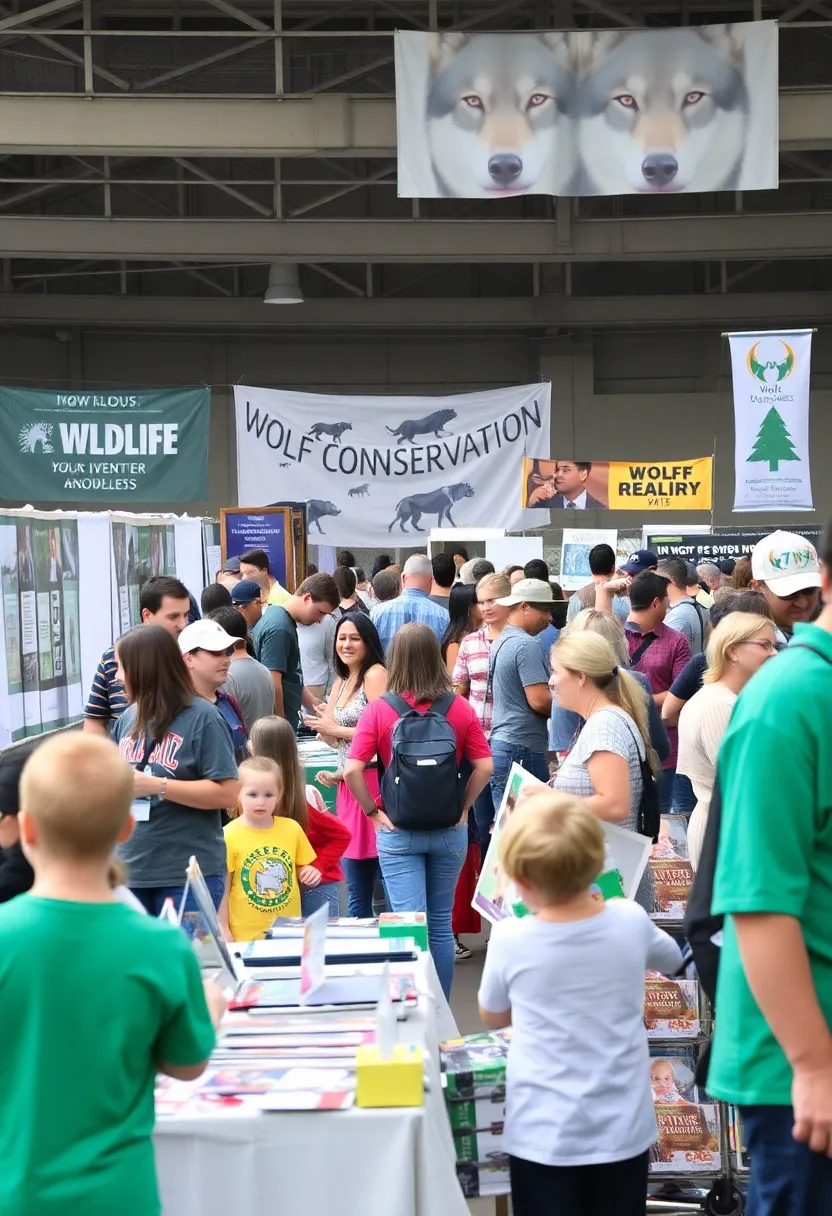
Community engagement is vital for the success of wolf conservation initiatives.
This section highlights various community-led projects and events that raise awareness and support for wolves.
By getting involved at the local level, individuals can make a significant impact on conservation efforts and foster a sense of stewardship for these magnificent creatures.
Final Thoughts: Embracing Wolves in the Wild
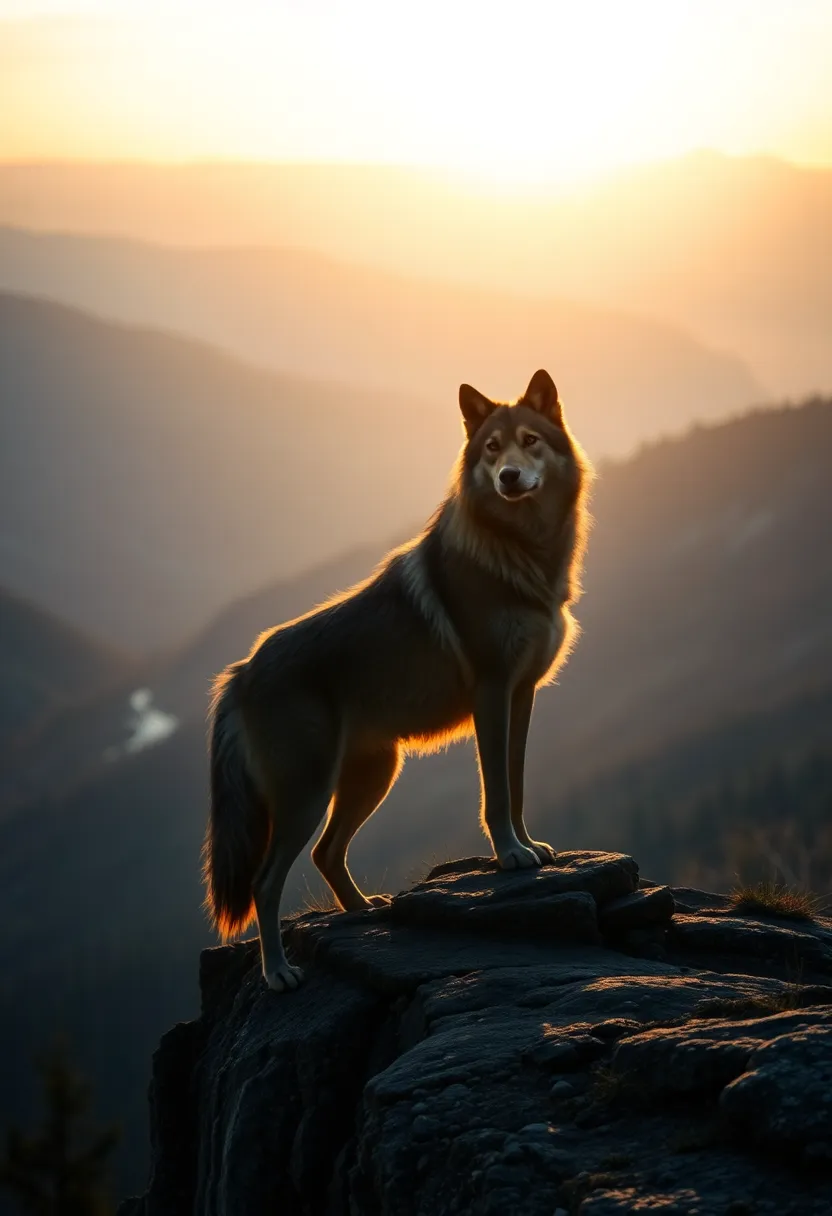
In conclusion, embracing wolves in their natural habitats is essential for their survival and our understanding of wildlife.
This article highlights the importance of respecting wild animals and advocating for their rights.
Let us all commit to supporting conservation efforts that protect these majestic creatures, ensuring that they roam freely in the wild where they belong.

